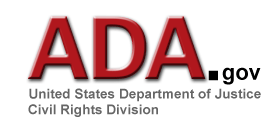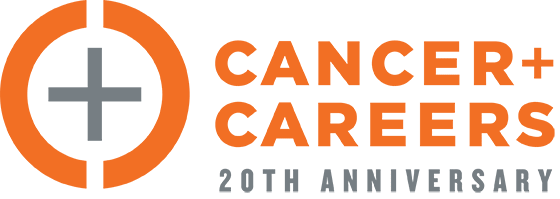Many young adults with breast cancer keep working or going to school during treatment. You may worry that it will be hard to keep up or take care of your family. You may depend on your job for money and health insurance, or your job may be a source of strength and distraction from thinking about breast cancer.
Talk with your doctor about what to expect and whether you will be able to work or go to school through your treatment. If your workplace has a human resources department or your school has a student support or student life office, speaking to them about your situation may be helpful.
If you work or go to school, you're probably trying to figure out how your day-to-day routines might be affected. Before you check in with people at work or school, plan who you're going to tell about your diagnosis and how much to share. It's also important to understand your responsibilities and rights as a student or worker who has a serious medical condition.
If you work or go to school, you're probably trying to figure out how your day-to-day routines might be affected. Before you check in with people at work or school, plan who you're going to tell about your diagnosis and how much to share. It's also important to understand your responsibilities and rights as a student or worker who has a serious medical condition.
|
Sharing information
Telling people about your breast cancer diagnosis is tough in any situation. However, it's particularly tricky in work and school settings. Some people keep the news to themselves for as long as possible, while others feel the need to speak up right away. You get to decide who you will tell, when you will tell them, and how much specific information you want to share. You are not required to tell your boss or supervisor about your diagnosis, though it may be helpful in case you need accommodations. |
Some choose to speak about their diagnosis only with a boss, supervisor, or teacher. Others spread the word freely to co-workers and classmates. There are no hard-and-fast rules about how or when to talk about your diagnosis. It’s all up to you. Trust your feelings. Give yourself as much time as you need to gather your thoughts and figure out what you want to say.
|
When you're ready to talk about your diagnosis at work or school, make a thoughtful plan for how you want to approach the process.
|
For more information and help, you can talk to a social worker at Dana-Farber.
Policies and Procedures
|
At work
If you do decide to talk about your breast cancer diagnosis at work, be sure to review your company's policies carefully. Ask questions about medical leave and flex time, as well as short- and long-term disability benefits. If a co-worker has received accommodations (changes to workspace, equipment, schedule, etc.) for a health issue in the past, ask him or her for advice. Workplaces are required to provide some accommodations for anyone with a disability who needs them. |
|
At school
If you are in school, it may be helpful to let your teachers know what's going on. Tell them that you may have to miss classes for medical appointments or during times when you are not feeling well. Talk with them about how to communicate in these situations, and whether they are willing to be flexible about your attendance and assignments. |
Legal rights
|
Americans with Disabilities Act (ADA)
The ADA is the law that:
The EEOC is the organization that enforces the ADA. Federal law requires employers to provide "reasonable accommodations" for anyone who has a disability. According to the ADA, "cancer qualifies as a disability when the disease or its treatment hinders your 'major life activities.'" Accommodations can vary greatly, depending on a person's need. Examples of accommodations include:
Here is an example of a young adult with breast cancer who would qualify for job protection under the act:
According to the ADA, this person's cancer would be considered a disability. It substantially limits their ability to do their job and take care of their family, both of which are "major life activities."
Many companies offer disability pay for seriously ill or injured employees. However, these plans often require an employee contribution before the illness. If your employer offers a disability plan, talk to human resources about how it works. |
|
Family Medical Leave Act (FMLA)
The Family Medical Leave Act (FMLA) of 1993 protects the jobs of people diagnosed with cancer — in some companies. If you are protected by the FMLA, you can take up to 12 weeks of unpaid leave from work. The act allows employees with serious medical illnesses, such as breast cancer, to use this time as needed. For example, a worker could take one day off each week for a series of weeks, or take the full 12 weeks off at one time. Not everyone qualifies for FMLA protection, however. Employers with fewer than 50 employees do not have to follow FMLA regulations. Even within organizations that do have to comply, employees are required to meet specific criteria. To qualify, the employee must have:
For more information and help, you can talk to a social worker at Dana-Farber. |
External Resources
|
Americans with Disabilities Act (ADA) - provides information and technical help on the Americans with Disabilities Act to help people continue to work or rejoin the workforce after a cancer diagnosis.
|
Cancer and Careers -
a national nonprofit that empowers and educates people with cancer to thrive in their workplace with expert advice, educational events, publications, career coaching, professional development micro-grants, and webinars. |
Cancer for College - an organization with a variety of scholarships available for U.S. students. Apply to each individually based on eligibility criteria, including college location and major.
|
Family Medical Leave Act (FMLA) - provides information about the U.S. Family Medical Leave Act of 1993.
|
©2020 Young and Strong Progam at Dana-Farber Cancer Institute










